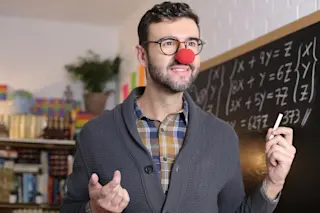You’ve just won a free bottle of wine! Would you like a $10 bottle or a $100 bottle? Which one do you think will taste better? The answers to these questions seem glaringly obvious to us – but to our primate cousins, “more expensive” doesn’t mean “better.” That’s what a team of researchers led by Yale psychologist Laurie Santos discovered when they sent a group of monkeys on a shopping spree.
In studies on humans, researchers have found that people almost always choose the more expensive prize, regardless of whether they know anything about it. In fact, when people are presented with two identical glasses of wine and told that one is more expensive than the others, their brains show elevated activity in a reward-related area known as the medial orbitofrontal cortex (mOFC) as they sip the more "expensive" wine – hinting that they actually perceive it as tasting better. ...













